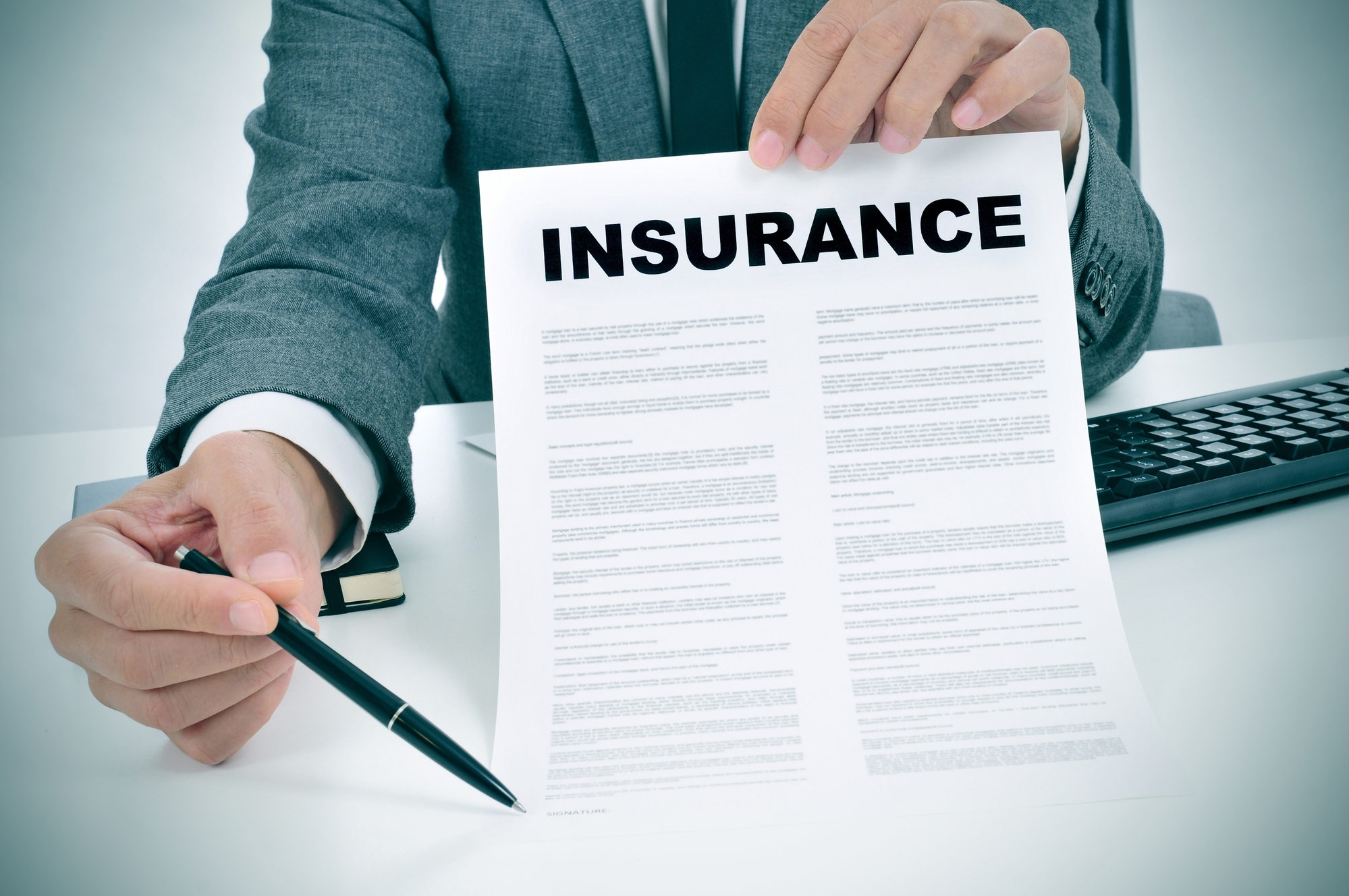
- Third-party injury
- Libel and slander
- Product liability
- Copyright
- Third-party property damage
While liability insurance is a great tool to have, it is important to note that it does not cover everything. As with any policy, some situations and items are not included, and the following are generally not covered.
1. Company Cars
General liability insurance does not usually cover vehicles used for your business. If you wish to insure commercial vehicles or other business transportation, you need to acquire a commercial auto insurance policy.
2. Employee Injuries
Liability coverage protects your business in the event of a third-party injury, meaning that you are covered if a consumer or client slips and falls. This protection does not extend to employee injuries. Workers’ compensation insurance is the appropriate policy for employee injury, covering medical expenses and potential lawsuits.
3. Owner or Employee Error
General liability insurance is meant to guard against financial loss due to third-party injury or lawsuit; it does not account for owner or employee error. For example, defective or damaged products, or negligent advice, are not included. If you want coverage for potential expenses resulting from professional error, then you need professional liability insurance.
4. Intentional Damage
While this may seem obvious, intentional damage is not covered by a liability policy, or any policy for that matter. It is true that liability insurance includes third-party property damage, but if that damage occurs because an employee or another insured party intentionally causes damage, then the policy is not responsible.
5. Property Damage
General liability policies do not typically apply to business property damage because that coverage is intended to protect your company from third-party lawsuits. However, if a customer or other outside party damages your property, you may be covered. It is important to note that an outside party does not include an employee or business partner.
6. Property Damage to Consumer Property
While general liability insurance policies often cover third-party property damage, there is an exception when the damage occurs while the property is in your care. Inland marine policies can help in particular circumstances, but you want to investigate specific policies that relate to your business.
7. Discrimination Lawsuits
As a general rule, general liability coverage does not include expenses that occur due to wrongful termination, discrimination or harassment lawsuits. For example, if a former employee is suing your company because she feels she was terminated due to her ethnicity, your policy will not cover the costs. You need an employment practices liability insurance policy for that situation.
General liability insurance is a valuable tool that protects your business from third-party lawsuits and damages, but it does not cover everything. Review the seven items above to ensure you understand what liability insurance doesn’t cover so you can secure your company beyond general liability with more specific and targeted policies that suit your particular business needs.
